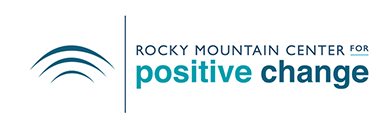RESOURCES
“Yes we can” means … yes, we can

Years ago, the church I attend required a large capital investment to make space for growth. The theme of the campaign – around the time of Barak Obama’s 2008 presidential campaign – was “yes we can!” A particularly intrepid member of the congregation dressed up in a superman-like outfit with a giant “Yes!” on his chest, calling himself the “Yes We Can Man!” For more than a year, campaign leaders mobilized conversations with members, inviting them to share their dreams for the community, and pledge funds to support them.
The congregation exceeded its financial goal, completed its capital expansion, and doubled its size over the coming years. “Yes we can” meant “yes, we did.”
Books, articles, blogs and TED talks connect #optimism with #performance. Optimists are healthier, happier, and more productive; and organizations with an optimistic workforce outperform competitors. Indeed, Henry Ford is quoted as saying, “Whether you think you can, or you think you can’t—you’re right.”
But how do we create optimistic organizations?
In his book Learned Optimism, Martin Seligman showed that individuals could become more optimistic by changing their #innerdialogue – their self-talk. Later, a variety of articles and books suggested that the inner dialogue of organizations – employees’ description of “the way things really are around here” – holds a key to organizational performance. Positive inner dialogue correlates with high levels of engagement, risk taking, innovation and productivity.
#AppreciativeInquiry and #positivechange offer multiple tools for fostering organizational optimism. The first is the #appreciativeinterview, which invites participants to recall past successes: times when they already experienced the qualities they’re seeking. Following one-on-one appreciative interviews, participants in an #AppreciativeInquirySummit share these stories of success with one another, recalling and deconstructing the conditions that underpinned those successes. Then, through structured processes for dreaming, they forge a shared vision for the future they most desire.
Together, these practices foster a positive organizational dialogue. They recast history as positive possibility, and foster hope for what might be. In short, they forge the kind of yes we can conversation that predicts positive performance.
Just as my church’s campaign yielded exceptional results, #appreciativeinquiry processes unleash #positivechange through the power of yes we can.

